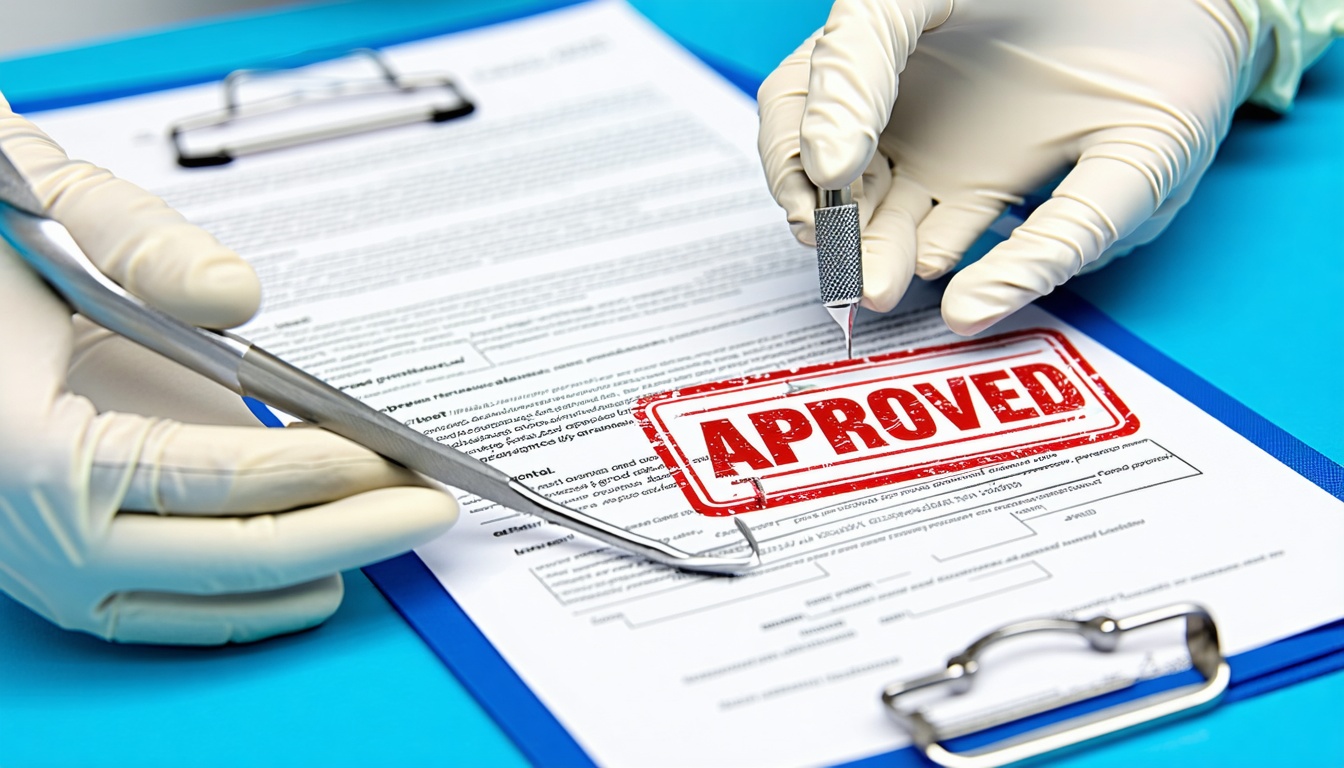
When you face a sudden dental problem, prompt assessment is crucial. Early evaluation helps you understand the extent of damage and guides you through securing insurance approved dental injury treatment. You should act quickly to protect your teeth, document what happened, and plan your next steps.
By evaluating your condition right away, you position yourself to gather the evidence and treatment records that insurers require for coverage of urgent dental care.
Before scheduling treatment, it is essential to understand what your dental and medical plans will cover. Coverage varies by insurer, plan type and the clinical nature of your injury.
| Procedure or service | Likely payer | Notes |
|---|---|---|
| Routine extraction | Dental insurance | Subject to plan limits and waiting periods |
| Extraction before cancer radiation | Medical insurance | Exception approved by HCFA for cancer treatment work-up (NCBI Bookshelf) |
| Emergency root canal for trauma | Medical insurance | Trauma is often deemed medical in nature (American Association of Dental Office Management) |
| Endodontic therapy for decay | Dental insurance | Covered under basic or major restorative benefits, depending on plan tier |
| Jaw fracture reduction (closed/open) | Medical insurance | File as medical claim; describe closed or open reduction per payer criteria |
Dental emergencies covered by BCBS often include pain relief and minor repairs, but trauma-related treatments may require medical claims. Review resources like dental emergencies covered by bcbs or insurance that covers emergency dental services to confirm your plan’s specifics.
Knowing these details helps you anticipate out-of-pocket costs and decide whether to pursue medical coverage or secondary benefits.
Accurate and complete paperwork is the backbone of a successful claim. Whether you file through your dental carrier or your medical insurer, gathering the right records prevents delays and denials.
By compiling these documents, you streamline the review process and boost your chances of approval for covered dental injury treatment.
Your dental office plays a key role in securing insurance coverage. Effective communication and proactive billing practices reduce confusion and ensure claims are submitted correctly.
Clear coordination with your dental team keeps everyone on the same page, so you avoid resubmissions and billing surprises.
Even well-prepared claims can be denied. Acting quickly to identify and resolve issues helps keep your treatment on track.
If you need additional guidance, look into the appeals process for urgent dental care with bcbs insurance or similar resources for your carrier.
When primary benefits fall short, secondary plans or other payers may cover remaining costs. You also have financing solutions at your disposal.
By tapping into these resources, you reduce your financial burden while getting the urgent care you need.
Insurance companies must follow state and federal guidelines for dental and medical claims. Understanding these regulations empowers you to hold payers accountable.
Staying on top of deadlines and regulations ensures you do not forfeit your right to contest coverage decisions.
Securing covered dental injury treatment takes preparation, documentation and proactive follow-through. By evaluating your injury promptly, reviewing policy details, coordinating with your provider, and managing claims diligently, you position yourself for the best possible outcome. If you encounter hurdles along the way, remember that you have appeal rights and alternative coverage options to explore. With careful planning and persistence, you can navigate the insurance process confidently and get the urgent dental care you deserve.


